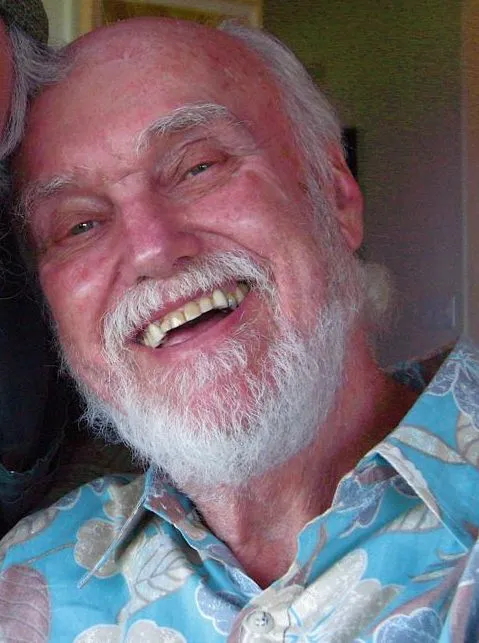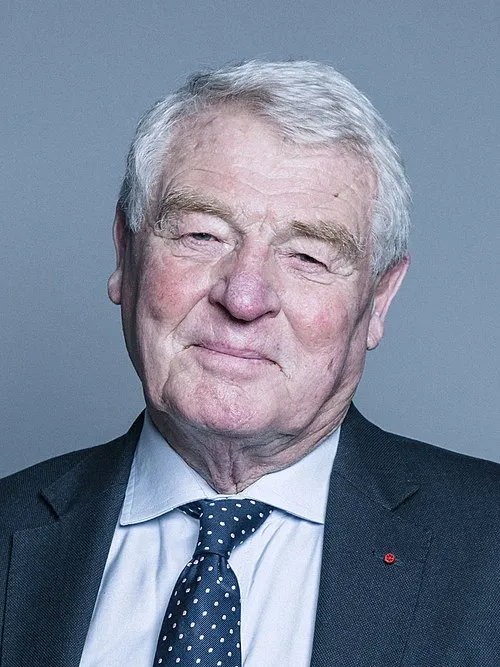In 2018, the historic 2018–2019 United States federal government shutdown commenced, marking the longest shutdown in U.S. history.
On December 22
14
Important Days
62
Important Events
304
Births and Deaths
recorded.
Holidays and Occasions
Events
Births and Deaths

Dongzhi Festival: A Celebration of Winter Solstice and Family Reunion
The Dongzhi Festival, also known as the Winter Solstice Festival, is a significant traditional celebration in many East Asian cultures, particularly in China, Taiwan, and surrounding regions. This festival usually occurs around December 21st or 22nd, marking the longest night and the shortest day of the year...

Understanding Armed Forces Day in Vietnam: Significance and Celebrations
Armed Forces Day, celebrated on December 22nd every year in Vietnam, is a significant event that honors the dedication, bravery, and sacrifices of the Vietnamese People's Army. This day commemorates the founding of the Vietnam People's Army in 1944 and pays tribute to those who have fought to protect the nation’s sovereignty and independence...

Mother's Day in Indonesia: Celebrating the Heart of the Family
Mother's Day is a special occasion celebrated worldwide, but in Indonesia, it carries a unique significance that reflects the nation's cultural values and appreciation for motherhood. In this article, we will explore the history, traditions, and contemporary ways in which Indonesians honor their mothers on this cherished day...

National Mathematics Day in India: Honoring Srinivasa Ramanujan
Every year on December 22nd, India commemorates National Mathematics Day to honor the birth anniversary of the legendary mathematician Srinivasa Ramanujan. This day serves as a reminder of the profound impact of mathematics on our daily lives and the importance of promoting mathematical knowledge in education and society...

Teachers' Day in Cuba: A Tribute to Educators
Teachers' Day in Cuba, celebrated annually on December 22nd, is a tribute to the invaluable contribution of educators in shaping the future of the nation. This special day not only recognizes the effort and dedication of teachers but also emphasizes the importance of education as a fundamental right for every child in the country...

Unity Day in Zimbabwe: A Celebration of National Cohesion
Unity Day, celebrated on December 22nd each year, is a significant national holiday in Zimbabwe. It commemorates the unity accord signed in 1987 that brought together two major political parties, the Zimbabwe African National Union (ZANU) and the Zimbabwe African People's Union (ZAPU)...

Anastasia of Sirmium: The Martyr of Faith in the Orthodox Church
Anastasia of Sirmium, revered as a saint in the Orthodox Church, is a figure of remarkable significance, symbolizing unwavering faith amid persecution. Her story reflects the trials faced by early Christians and her martyrdom serves as an inspiration for many believers...

Exploring Eimhin: A Hidden Gem in Irish Culture
When it comes to Irish culture and heritage, most people often think of the more famous aspects such as traditional music, exquisite landscapes, and fascinating folklore. However, tucked away within the rich tapestry of Ireland is a treasure worth exploring—Eimhin...

Ernan, Son of Eogan: A Testament to Ancient Irish Heritage
In the rich tapestry of Irish mythology and history, names often come attached with stories that reflect heroism, lineage, and cultural significance. One such name is Ernan, the son of Eogan, who plays a pivotal role in the legacy of ancient Ireland...

Frances Xavier Cabrini: A Global Legacy of Service
Frances Xavier Cabrini, known as Mother Cabrini, is celebrated for her remarkable contributions to education and social services across many countries. While she is often associated with her work in the United States, her impact and legacy extend far beyond American borders...

Understanding Hunger: Causes, Effects, and Solutions
Hunger is a global challenge that affects millions of people daily. It is not just a physical sensation but also a profound social issue that can have various causes and consequences...

Exploring O Rex: The Evolution and Impact of an Iconic Franchise
O Rex has evolved into a cornerstone of modern entertainment, captivating audiences with its dynamic storytelling, relatable characters, and electrifying action scenes. This article delves into the roots of O Rex, its evolution, and why it remains relevant in today’s pop culture landscape...

Henry Budd: Pioneer Missionary of the Episcopal Church (USA)
Henry Budd, a name that may not resonate with everyone, holds a significant place in the history of the Episcopal Church (USA) and the broader Christian missionary efforts in North America. His life and work reflect the complexities of colonialism, cultural exchange, and faith, marking him as an important figure in the 19th century religious landscape...

Lottie Moon: A Pioneer of Episcopal Missionary Work
Lottie Moon, born Charlotte Diggs Moon on July 12, 1840, in Richmond, Virginia, is celebrated as one of the most eminent missionaries in the history of the Episcopal Church (USA). Her life and work stand as an inspiring testament to dedication, passion, and commitment to spreading the Gospel, especially in foreign lands...






























